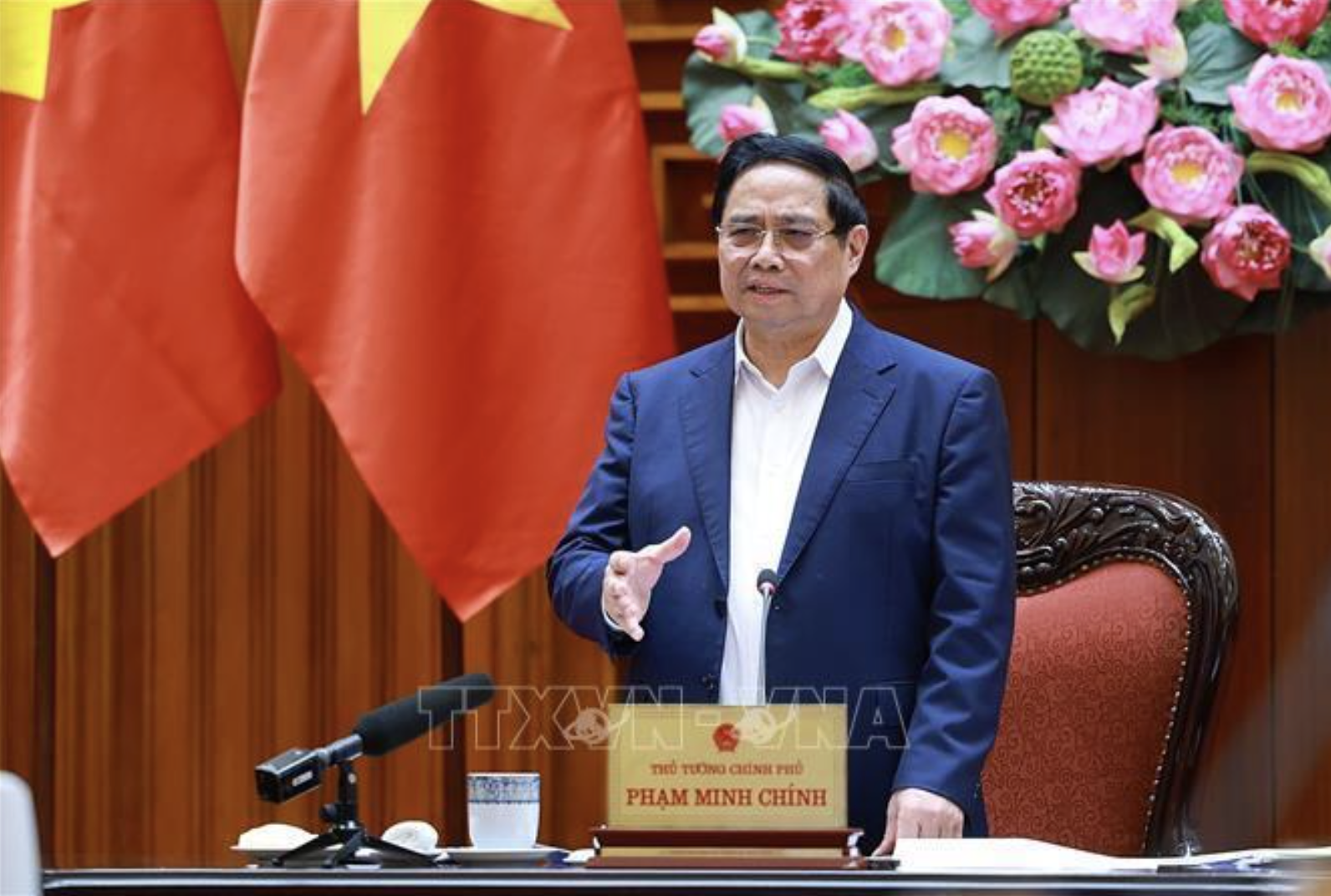
Prime Minister chairs permanent Government meeting on railway projects
19:05 | 23/03/2025 23:11 | 24/12/2025News and Events
Reshaping urban space for a new development era
On the afternoon of November 25, as part of the Autumn Economic Forum 2025, Prime Minister Pham Minh Chinh chaired the dialogue program “CEO 500 - Tea Connect,” themed “Ho Chi Minh City: Toward an International Mega-City in the Digital Era.”
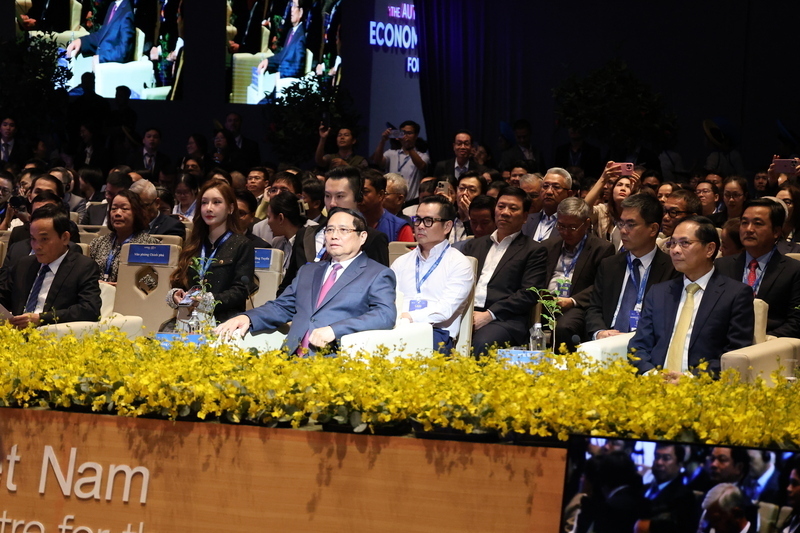
Prime Minister Pham Minh Chinh attends the “CEO 500 - Tea Connect” dialogue.
The event brought together central and local leaders, international organizations, and hundreds of business executives and scholars from Vietnam and abroad.
According to Tran Luu Quang, Secretary of the Ho Chi Minh City Party Committee, the city is entering a new stage of development marked by a renewed vision and ambitious aspirations to become a modern, dynamic, and livable metropolis with global competitiveness.
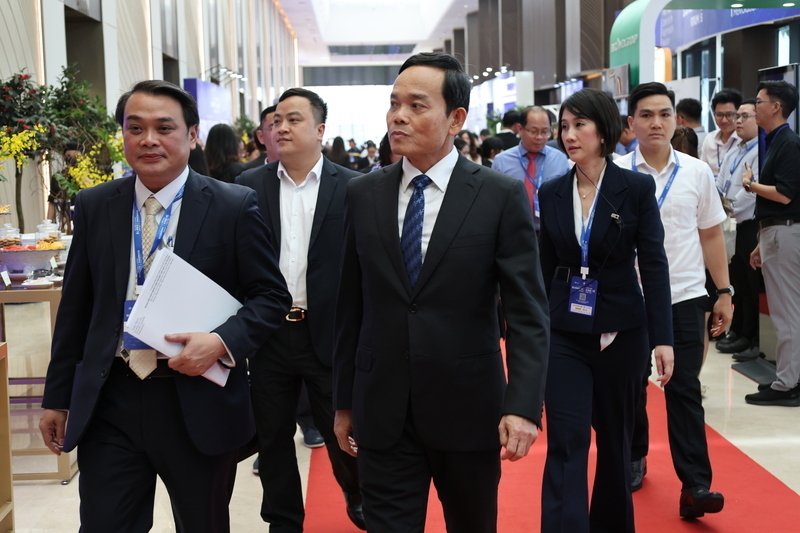
Tran Luu Quang, Secretary of the Ho Chi Minh City Party Committee outlines the city’s new multi-center urban vision.
Home to more than 14 million people and contributing nearly 25% of Vietnam’s GDP, Ho Chi Minh City remains the country’s economic powerhouse, serving as a major center for trade, finance, industry, education, healthcare, and international exchange.
“A city’s global stature is not only defined by population size or economic contribution, but also by its quality of growth, connectivity, innovation, governance, and livability,” Secretary Quang remarked.
He noted that the city is implementing a spatial restructuring strategy to develop a multi-centered urban model, focusing on three growth zones and key economic corridors. This approach is built upon five strategic pillars: High-tech industry and innovation, with digital technology, semiconductors, and big data as core drivers; Logistics and free trade, linked to ports, airports, and free-trade zones; Development of an international financial center; Tourism and cultural industries, creating value through creativity, arts, and international events; Education, healthcare, science, and technology, advancing to regional and global standards.
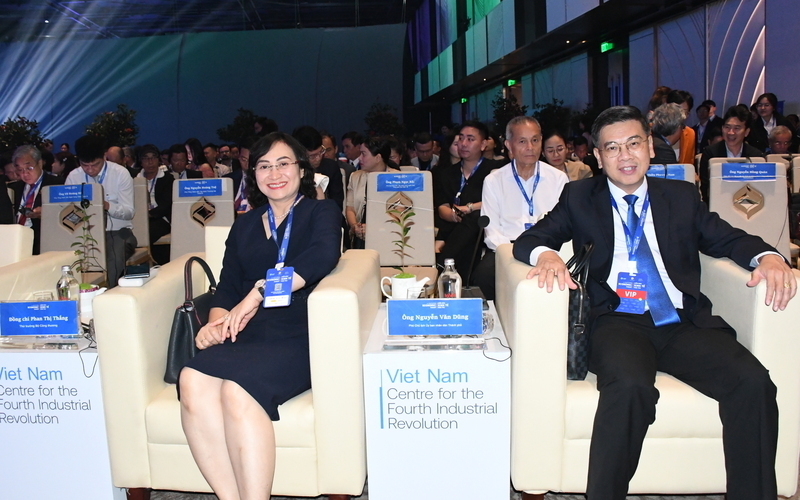
Deputy Minister of Industry and Trade Phan Thi Thang participates in the dialogue.
However, Secretary Tran Luu Quang also highlighted major challenges, including urban governance pressure, limited resources, incomplete infrastructure, and the need for administrative reform and digital transformation to enhance competitiveness.
“A global city must be built on broad partnerships, global knowledge networks, and a vibrant digital business ecosystem,” he said.
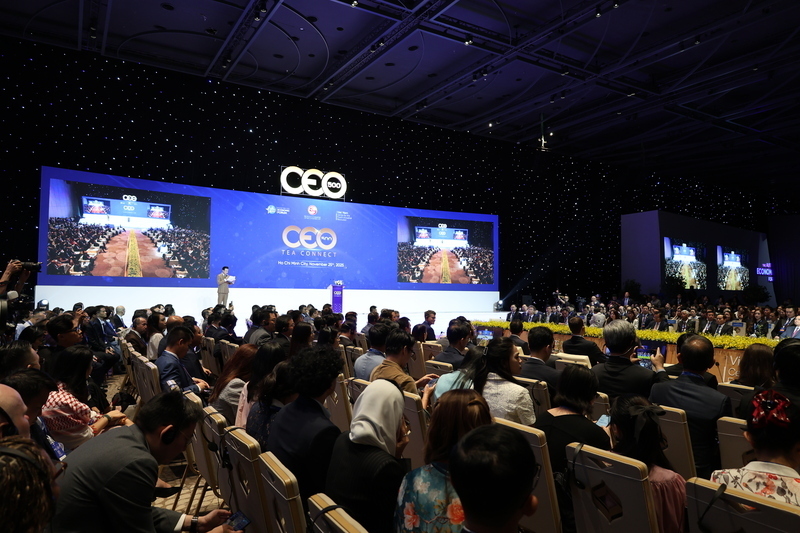
Overview of the “CEO 500 - Tea Connect” dialogue in Ho Chi Minh City.
Self-reliance must go hand in hand with global cooperation
Addressing the dialogue, Prime Minister Pham Minh Chinh praised the ideas shared by experts and business leaders, saying they help inspire Vietnam in achieving its two centennial goals: By 2030, becoming a modern, industrialized upper-middle-income country; By 2045, becoming a developed, high-income nation.
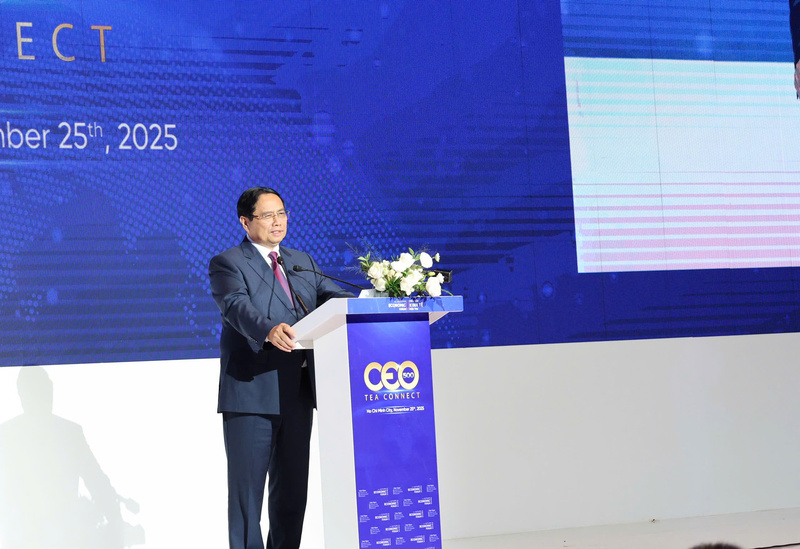
Prime Minister Pham Minh Chinh delivers a keynote speech at the CEO 500 - Tea Connect event.
“These are ambitious and challenging goals,” the Prime Minister said, “but we must strive to achieve them with the spirit of turning the impossible into possible.”
He reiterated Vietnam’s consistent development orientation based on three fundamental pillars: Building a socialist-oriented market economy and deepening international integration; Promoting socialist democracy; Strengthening the rule-of-law socialist state.
Prime Minister Chinh stressed that Vietnam remains steadfast in maintaining political and social stability, ensuring security, safety, and public well-being, and placing humans at the center of development as both the subject and driving force.
He emphasized that Vietnam will not sacrifice social progress, fairness, or the environment for short-term economic growth.
To realize Ho Chi Minh City’s five development pillars, the Prime Minister identified five priority areas requiring both domestic and international collaboration: Mobilizing investment capital, including the establishment of an international financial center in the city; Developing digital infrastructure; Building open, competitive institutions; Training high-quality human resources; Enhancing smart urban governance.
“We must rely on our own hands, minds, and resources, yet we also need the support and cooperation of international partners,” the Prime Minister affirmed.
He expressed confidence that Ho Chi Minh City will continue to innovate, learn from both success and failure, and consolidate its position as Vietnam’s largest economic hub, evolving into an international mega-city capable of competing with other major cities in the region and the world in line with the vision set out by Party General Secretary To Lam.
Prime Minister Pham Minh Chinh reiterated that Vietnam’s top priority is to maintain macroeconomic stability, control inflation, ensure key economic balances, and sustain growth momentum. He expressed appreciation for the partnership and contributions of international investors and businesses, emphasizing that Vietnam’s development success is built upon shared interests, mutual trust, and cooperation.
“Solidarity brings strength, cooperation creates shared benefits, and dialogue reinforces trust,” the Prime Minister concluded.

19:05 | 23/03/2025 23:11 | 24/12/2025News and Events

19:05 | 23/03/2025 23:06 | 24/12/2025Trade

19:05 | 23/03/2025 15:32 | 24/12/2025Trade
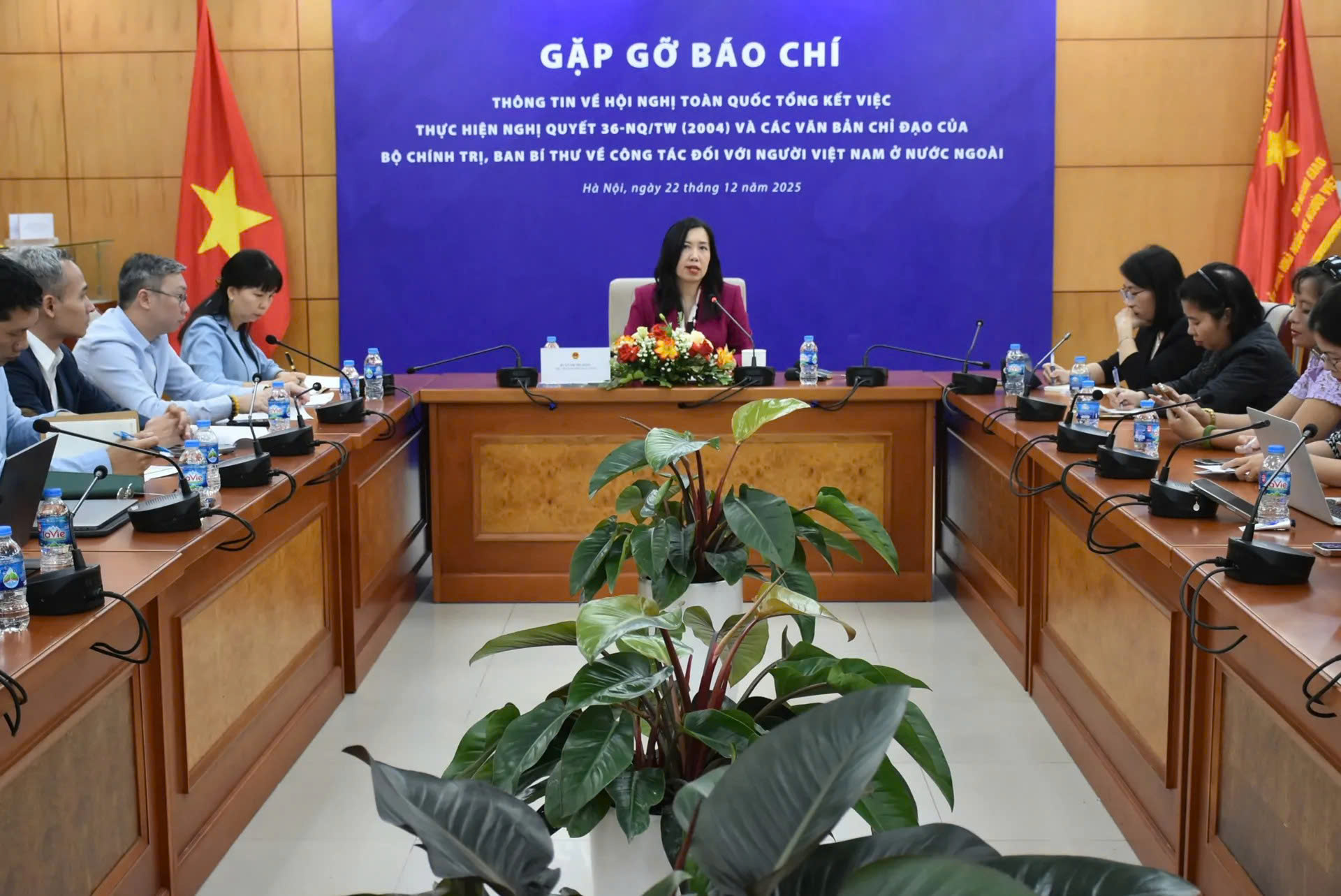
19:05 | 23/03/2025 16:32 | 23/12/2025News and Events

19:05 | 23/03/2025 16:30 | 23/12/2025Trade